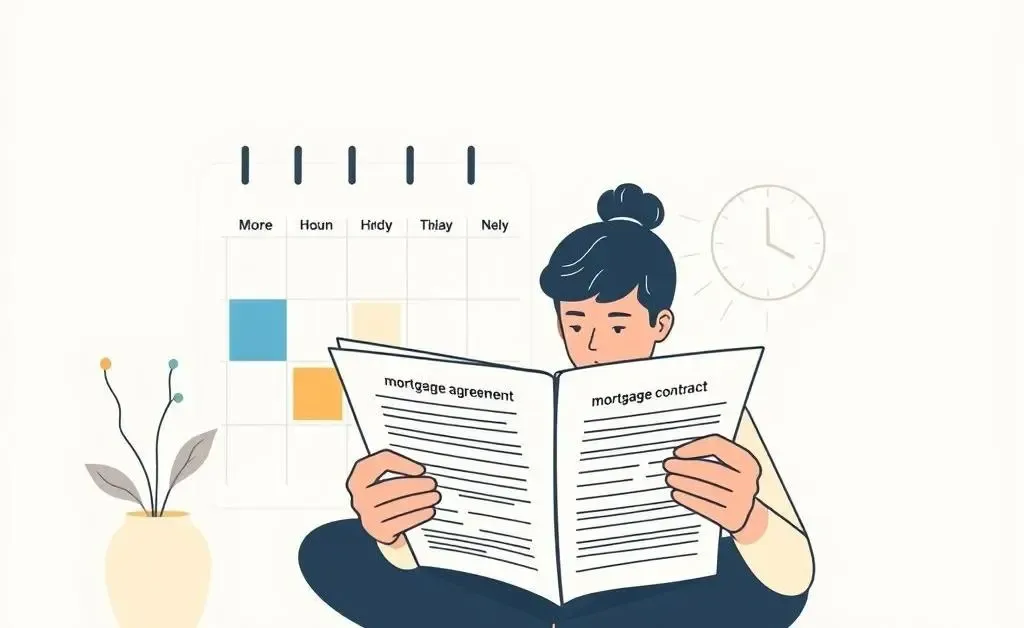Can You Defer Porting a Mortgage? Here's What You Should Know
Discover insights on deferring your mortgage porting with tips on navigating terms and planning.

Ever thought about deferring porting your mortgage but unsure if it's even possible? It’s a question that strikes many homeowners’ minds when life throws its delightful curveballs. Can I defer porting my mortgage? Well, let’s dive into this around-the-kitchen-table topic and bring a little clarity!
What Does Porting a Mortgage Mean?
In simple terms, porting a mortgage is the ability to carry over your existing mortgage terms, such as interest rates, to a new property. It sounds pretty neat, especially when you snagged an amazing deal before the market rates shot up. But like finding your missing left sock, timings are crucial.
Can You Defer Porting?
Now, for the burning question. Can you defer it? Generally speaking, mortgage porting is a time-sensitive process. Most lenders have a specific window - sometimes as short as 30 to 90 days - where you need to complete the transfer.
Here’s a quick guide you might find useful:
- Check your mortgage terms - Every lender is different, so check your porting conditions.
- Talk to your lender - Communication is key. Ask if exceptions or extensions can be granted.
- Consider potential costs - Be aware of any fees or penalties that might apply.
I remember chatting with my friend Sarah over coffee. She had secured a great fixed rate two years ago and was socked with surprise when she needed to move for work-related reasons. After a bit of research and some back-and-forth with her lender, she found that extending her porting period was possible, but only under specific conditions.
Factors to Keep in Mind
Before you roll up your sleeves to dive into extending or deferring, consider a few key factors:
1. Lender Differences
Each lender has its unique set of rules. Some might have flexibility, while others stick strictly to terms.
2. Market Fluctuations
If the rates are more favorable now compared to your current mortgage, a port may not be in your best interest.
3. Financial Planning
Porting could involve additional fees or require a larger down payment. Ensure your budget can accommodate these changes.
So, what did Sarah do? After some number crunching and discussing with her favorite calculator (no, really, it was her favorite), she made her decision. It worked out for the best, but each situation is unique. How about you - what’s your go-to strategy for navigating something as intricate as mortgage porting?




